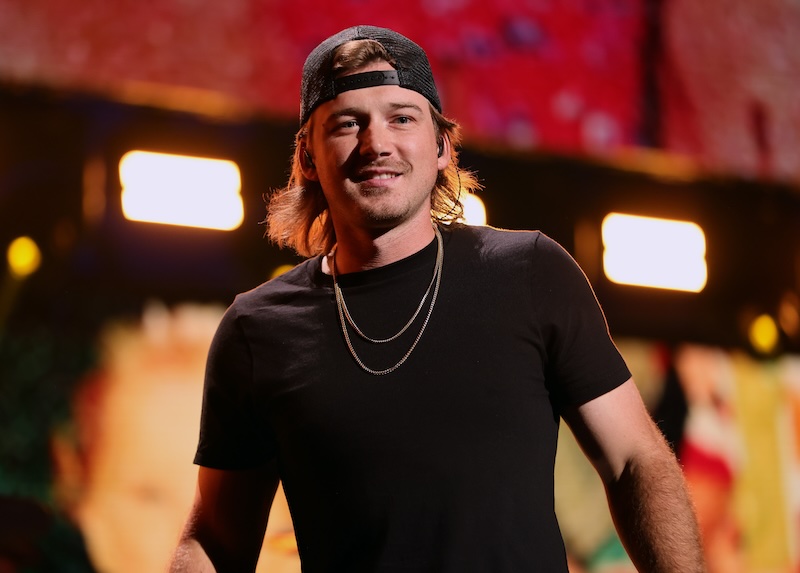 By Jimmy Hyams
By Jimmy Hyams
SANDESTIN, FLA. – The SEC has voted to reduce the penalty from three years to one for a graduate transfer not meeting certain academic benchmarks, SEC Commissioner Greg Sankey announced Friday afternoon at the SEC Spring Meetings.
That clears the way for Notre Dame quarterback transfer Malik Zaire to attend Florida.
Florida was under the three-year penalty for two grad transfers who didn’t meet academic requirements two years ago.
Sankey said the initial penalty was five years, then was reduced to three years. Now it is one year.
“If a University accepts a grad transfer, we want that University as a partner’’ to make sure the grad transfer meets academic requirements, rather than just show up and play a sport.
Sankey said other schools have been subjected to the grad-transfer penalty, but he wouldn’t say how many nor would he say if any other school has an active penalty other than Florida.
“It’s been very few and that’s a good news story,’’ Sankey said.
Alabama basketball coach Avery Johnson said a school should be penalized if the grad transfer does not get a Masters from his new school.
“`I have a position: I think we should be passionate about that,’’ Sankey said, stopping short of saying a penalty should ensue if one doesn’t get a Masters.
“If you want to participate in intercollegiate athletics, you’re still to be a student.’’
Sankey said he would like to see grad transfers get a Masters just like he would prefer to see an undergraduate get an undergraduate degree.
The SEC tabled a proposal regarding grad transfers matriculating from one SEC school to another.
Sankey said SEC football coaches and athletic directors had a “positive view of the concept’’ of allowing a football player to play in four games, yet still have four years of eligibility. That was proposed by the American Football Coaches Association.
“We all have to learn more,’’ Sankey said.
Sankey said he had “no sense’’ when such legislation might be adopted.
The current rule says a student-athlete may take a medical redshirt if the player doesn’t play more than 20 percent of his sport’s games and is injured during the first half of a season.
Regarding alcohol sales at non-premium areas during SEC sporting events on campus, Sankey said that is “still a conversation topic.’’
A number of non-SEC colleges allow beer sales in public areas of on-campus football games. Some allow it at selected Olympic sports.
The SEC wants to study the impact at places like West Virginia, which sells beer at football games and reported fewer incidents before and during games because it apparently averted binge drinking.
The SEC also eliminated a signing limit of 25 in football, instead saying it would abide by NCAA legislation which also limits the cap in football to a “hard’’ 25.
NBA Commissioner Adam Silver said he doesn’t like the league’s “one-and-done rule’’ and that it’s not good for either the NBA or college.
Silver got a nod of support from Sankey.
“I think we’d welcome longer stays (of men’s basketball players in college),’’ Sankey said. “In fact, I know we’d welcome longer stays.’’
In other news, Sankey said:
*Athletic directors voted to add more plays for replay review in baseball.
*The SEC gave the commissioner the authority to re-schedule a football game postponed due to weather. Sankey also reiterated that for a team to be eligible for the SEC championship game, it must play eight conference games.
*In deference to a recent Arkansas law, Sankey opposes guns allowed at sporting events due to the “level of emotion, intensity and closeness’’ in a stadium or arena. “I’m not a fan of having a lot of weapons close to athletic venues.’’
Sponsored by Big Kahuna Wings: The wings that started it all




















